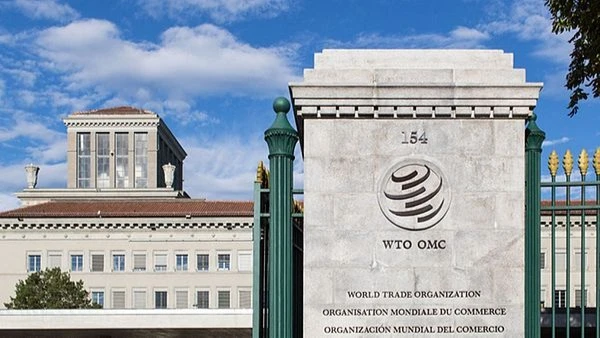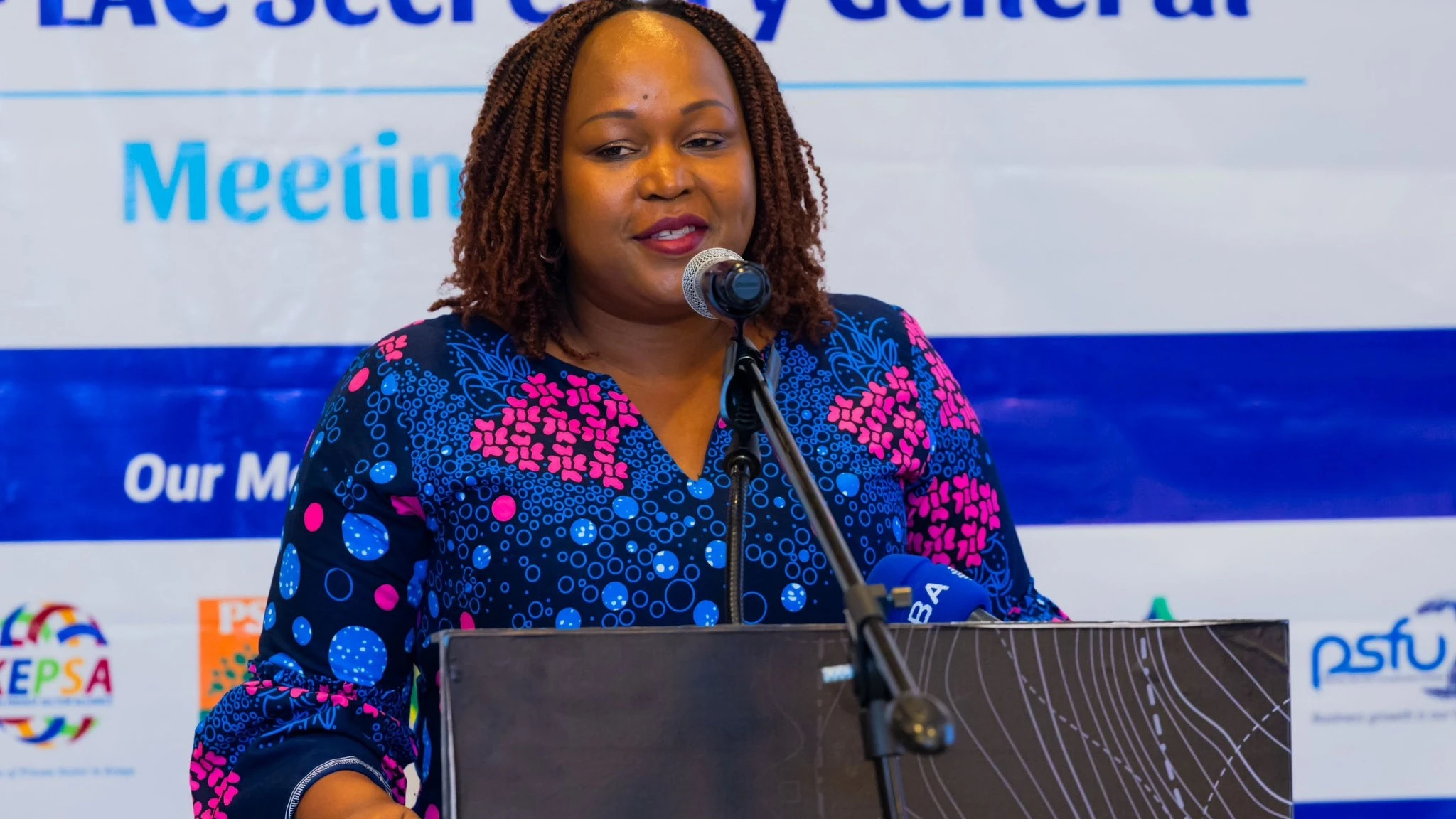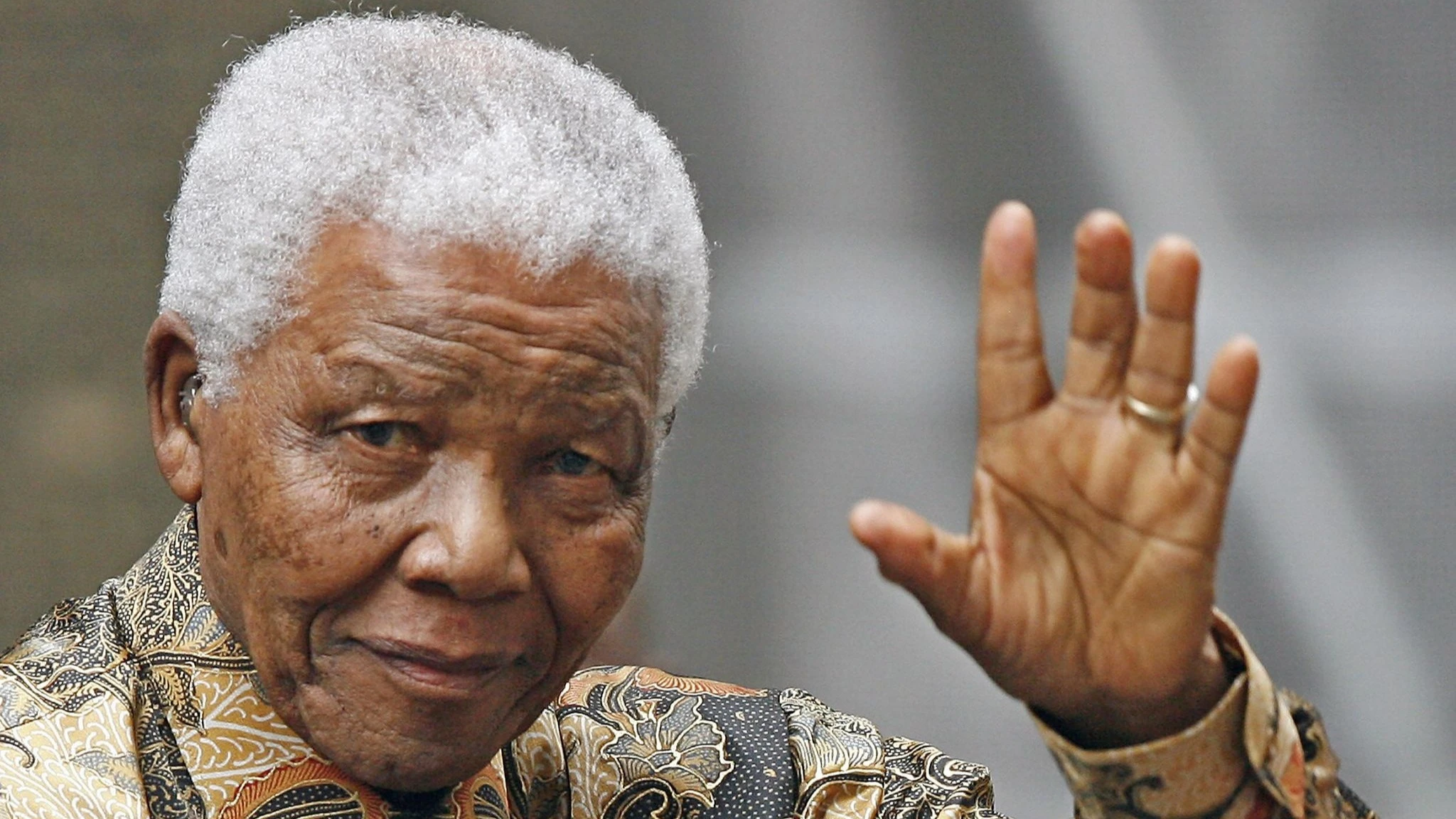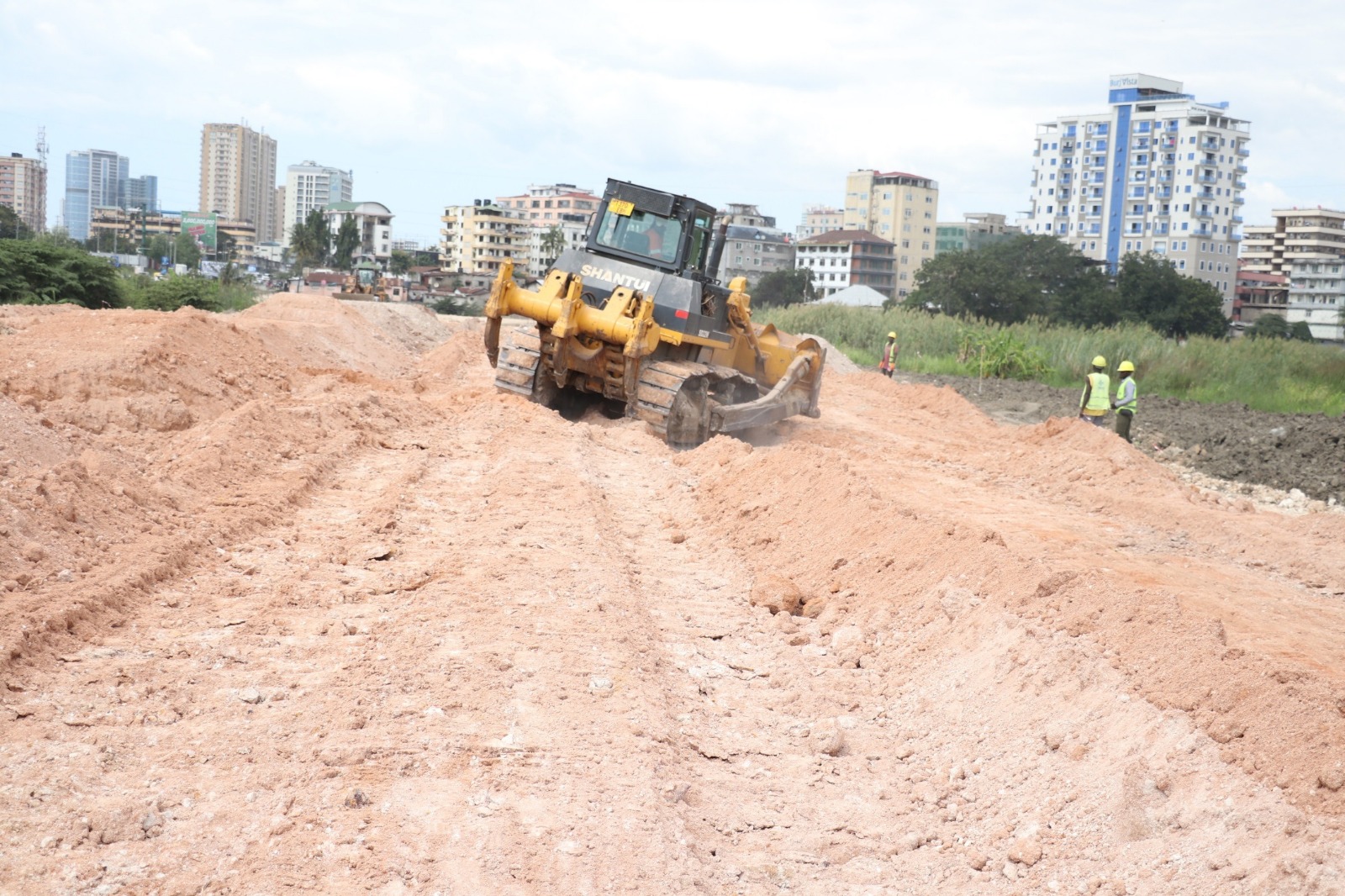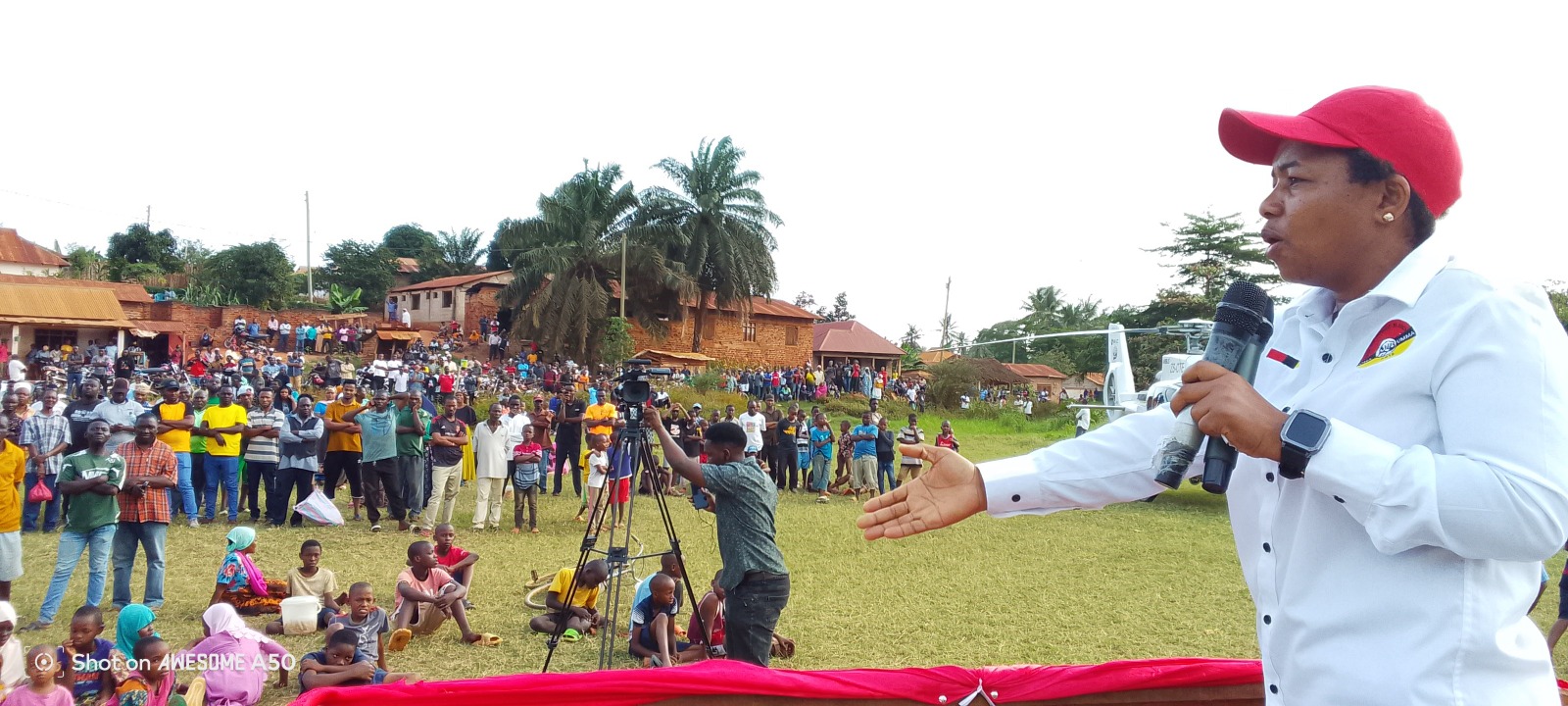High Court judge urges employers on safe and healthy work environments

PRINCIPAL Judge of the High Court of Tanzania, Dr Mustapher Siyani, has urged employers across the country to ensure safe and healthy working environments for their employees, stressing that occupational health and safety is not optional but a fundamental right.
Dr Siyani made the remarks yesterday while officiating a training session for judges, court officials and stakeholders, organised by the Occupational Safety and Health Authority (OSHA) in Mwanza.
He emphasised that for any employee to be productive, their working environment must positively impact their physical, mental, and emotional well-being.
“Work environments that support these aspects give workers the morale to deliver quality services, boost motivation, and contribute effectively to institutional and national development,” Dr Siyani said.
He added that safe workplaces not only protect employees from accidents and illnesses but also foster productivity, creativity, and teamwork.
He called for broader understanding of occupational health and safety, highlighting its role in improving performance across all sectors.
Speaking on the justice sector, Dr Siyani underlined that the concept of “Decent Work” cannot be separated from occupational safety and health.
“These two concepts are closely linked—one cannot exist without the other. Decent work includes fair wages, equality at work, employee participation in decision-making, and access to development opportunities,” he said.
He also warned that unsafe working conditions can lead to fear, stress, illness, accidents, mental health challenges, and even loss of life—factors that undermine the principles of decent work.
“As I have said, workplace safety and health are not optional—they are an obligation. Employers, including government bodies, must ensure the presence of safe working environments and educate workers on how they can actively participate in maintaining them,” he stressed.
Dr Siyani further reminded participants that in an era of rapid global change, it is important to adapt to advances brought about by the Fourth Industrial Revolution, including technologies like the Internet of Things (IoT), Artificial Intelligence (AI), data analytics, and automation.
“Understanding these technologies is no longer a luxury—it is a necessity for any institution that wants to remain relevant and competitive in this digital age,” he said.
During the two-day training, participants are expected to learn about protecting data privacy at work, the use of ICT tools to streamline operations, and how to address the social and psychological impacts of digital systems in the workplace.
Dr Yose Mlyambina, Resident Judge of the High Court of Tanzania, noted that the third pillar of the Court’s Strategic Plan (2021–2025) emphasises stakeholder engagement as a key part of implementation.
Top Headlines
© 2025 IPPMEDIA.COM. ALL RIGHTS RESERVED











